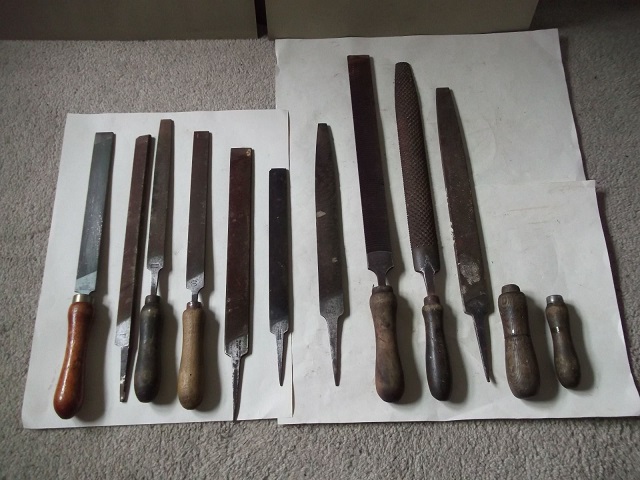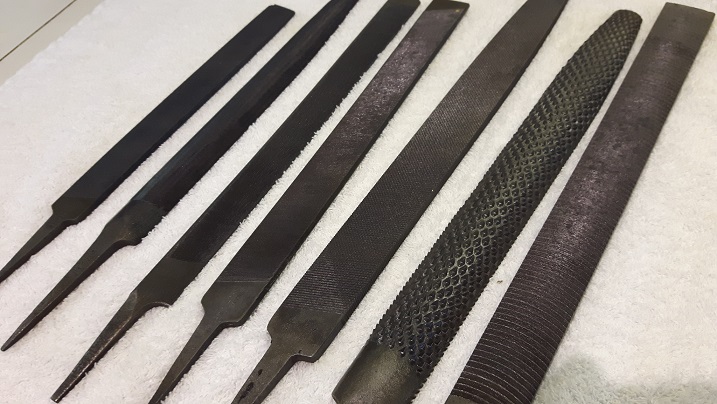LFS19
Established Member
So I've regularly started going to the car boot sale nearby, and there's usually a very large selection of hand tools.
Yesterday for example, I bought three Sheffield made squares for a pound.
The issues, as you'll all have no doubt experienced from car boot, or second hand tools in general perhaps, is that they're often subject to a fair amount of rust.
I presume the process for eliminating this rust is similar to that used for restarting a planes steel, but I'd be wary to use sand paper on any abrasive on something like a set square or any precise instrument, for fear of throwing it off square.
I've heard people use vinegar or lemon juice which has been said to work pretty well - has anyone any suggestions on what they usually use?
Thanks allot
Yesterday for example, I bought three Sheffield made squares for a pound.
The issues, as you'll all have no doubt experienced from car boot, or second hand tools in general perhaps, is that they're often subject to a fair amount of rust.
I presume the process for eliminating this rust is similar to that used for restarting a planes steel, but I'd be wary to use sand paper on any abrasive on something like a set square or any precise instrument, for fear of throwing it off square.
I've heard people use vinegar or lemon juice which has been said to work pretty well - has anyone any suggestions on what they usually use?
Thanks allot



































